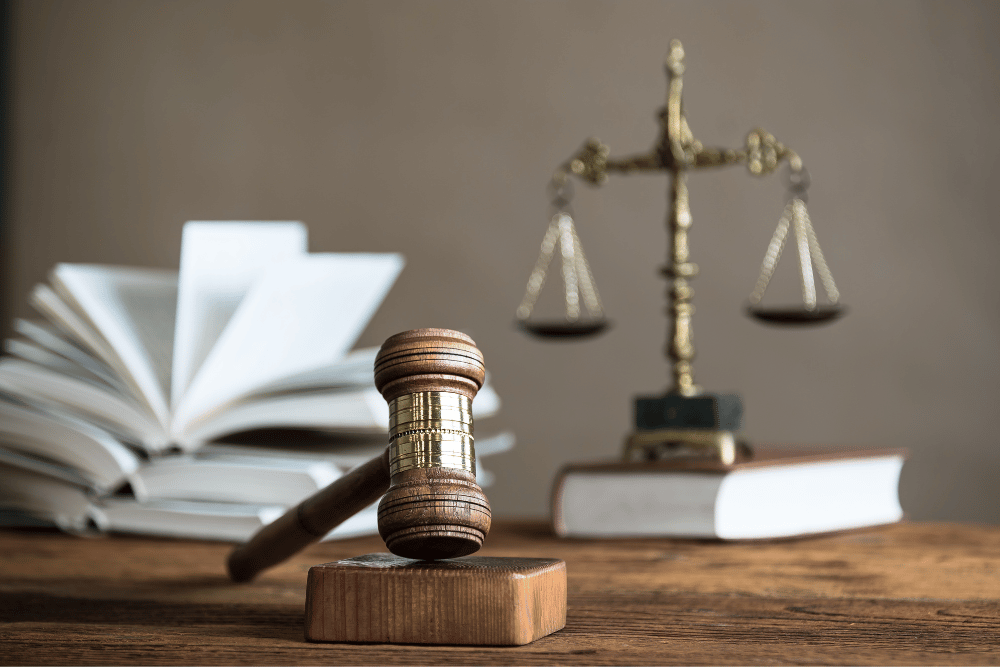Firearms laws continue to be a contentious issue in the United States, and North Carolina is no exception. While the Second Amendment guarantees the right to bear arms, regulations and restrictions are still in place to ensure public safety.
In this blog post, we will explore the firearms laws in North Carolina, including the types of weapons charges that can result in serious legal consequences.
Regulations for Obtaining a Firearm in North Carolina
In our state, anyone who wants to purchase a handgun must first obtain a permit from their local sheriff’s office. The permit requires a background check. Once issued, it is valid for five years and requires a background check. For long guns, including rifles and shotguns, no permit is required for purchase.
Another critical component of firearms laws in North Carolina is the requirement for a concealed carry permit. A concealed carry permit allows an individual to carry a concealed handgun publicly. In order to obtain a concealed carry permit, an individual must first complete a firearms safety course and pass a background check. Even with a concealed carry permit, there are certain places where carrying a firearm is prohibited, such as schools and government buildings.
And, of course, it is always illegal for a convicted felon or anyone with a domestic violence restraining order against them to possess any firearm.
What Are Weapons Charges in North Carolina?
In addition to these regulations, several weapons charges in North Carolina can result in legal consequences. Some of the most common weapons charges in the state include:
- Carrying a concealed weapon. This charge applies to anyone who carries a concealed weapon without a permit. Even if the individual has a valid concealed carry permit from another state, they must still obtain a North Carolina permit to carry a concealed weapon in the state legally.
- Possession of a firearm by a convicted felon. As mentioned earlier, it is illegal for anyone with a felony conviction to possess a firearm. This includes both handguns and long guns.
- Possession of a firearm by a person with a domestic violence restraining order. Similarly, anyone with a domestic violence restraining order against them is not allowed to possess any firearm.
- Discharging a firearm within city limits. It is illegal to discharge a firearm within the limits of any municipality in North Carolina unless it is done in self-defense or as part of a lawful hunting or shooting event.
- Brandishing a weapon. This charge applies to anyone who displays a weapon in a threatening manner, whether or not they actually intend to use it.
- Illegal sale or transfer of a firearm. It is illegal to sell or transfer a firearm to anyone prohibited from owning one, such as a convicted felon or someone with a domestic violence restraining order.
It is important to note that the penalties for weapons charges in North Carolina can be severe. Depending on the nature of the charge, individuals convicted of weapons offenses can face fines, probation, and even imprisonment. Additionally, a weapons charge on a criminal record can have long-term consequences, such as difficulty obtaining employment or housing.
North Carolina Firearm Responsibility
Firearms laws in North Carolina are designed to balance the right to bear arms with public safety. While the Second Amendment guarantees the right to own firearms, there are still regulations and restrictions to ensure those firearms are used responsibly.
It is important for anyone who owns or wishes to own a firearm in North Carolina to be aware of these laws and regulations, as well as the potential legal consequences for violating them.









